The Honourable Minister of State for Education, Professor Suwaiba Sa’id Ahmad, has reaffirmed the Federal Government’s commitment to inclusive, safe, and quality education for the Nigerian girl-child. This reaffirmation came during her welcome address at the Validation Workshop on the situational analysis and baseline assessment of the UNESCO-IICBA project, held at Chelsea Hotel, Abuja.
The project, funded by the Government of Japan, is titled “Capacity Building of Teachers to Promote Continuous and Inclusive Access to Safe and Quality Education for Girls in West Africa.” It aims to enhance teacher training, promote female leadership in education, and ensure gender-responsive learning environments.
Professor Suwaiba emphasized that the initiative aligns with the Nigeria Education Sector Renewal Initiative (NESRI) and reflects the Renewed Hope Agenda for Education, which she champions. She encouraged stakeholders to critically evaluate the findings of the consultants and offer strategic, cost-effective solutions that would strengthen teacher capacity and improve girls’ access to quality education.
While declaring the workshop open, the Minister expressed appreciation to the Government and Embassy of Japan, UNESCO, and other development partners for supporting Nigeria’s participation. She noted that the project would not only empower teachers but also create safe spaces that enable girls to thrive academically and socially.
Speaking earlier, Hon. Dr. Tanko Sununu, Minister of State for Humanitarian Affairs and Poverty Reduction, lauded the teaching profession and recognized the critical role of educators as nation-builders. He highlighted the transformative power of girl-child education in fostering national development and stability.
Dr. Uchenna C. Uba, Director of Colleges of Education and Chairperson of the Project Technical Working Group, reiterated that education for girls is both a national priority and a human right. She emphasized the workshop’s role in refining inclusive and ICT-driven strategies for teacher development.
Representing the Embassy of Japan, Mr. Kozaki Hitoshi, Deputy Head of Mission, underlined Japan’s long-standing support for inclusive education, especially through the TIC.




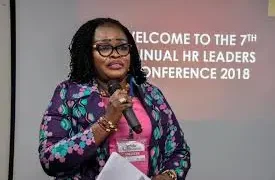

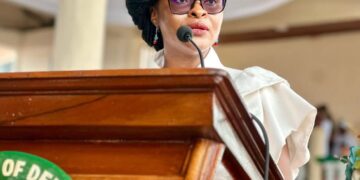























































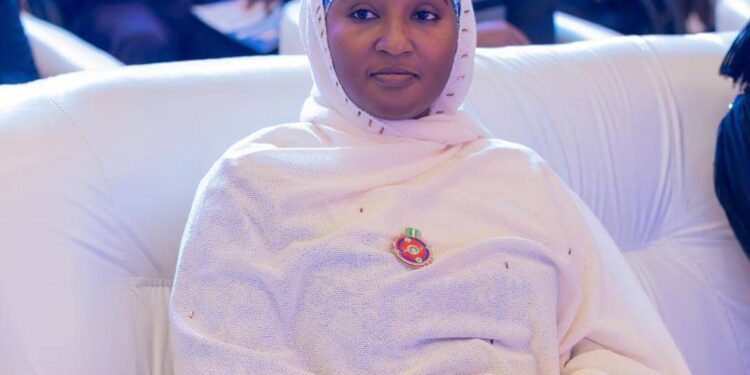





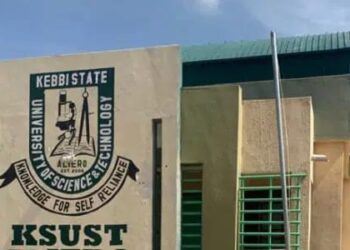
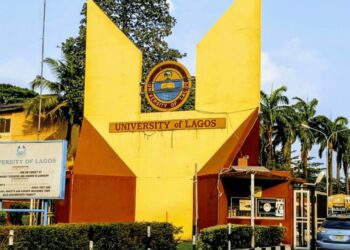

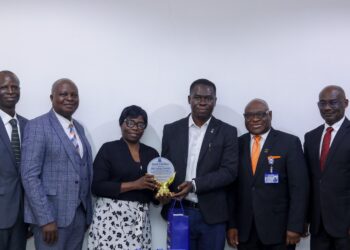
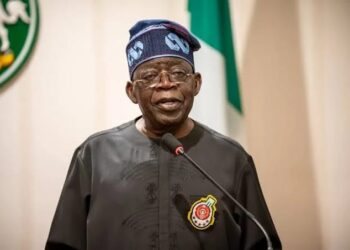










 EduTimes Africa, a product of Education Times Africa, is a magazine publication that aims to lend its support to close the yawning gap in Africa's educational development.
EduTimes Africa, a product of Education Times Africa, is a magazine publication that aims to lend its support to close the yawning gap in Africa's educational development.